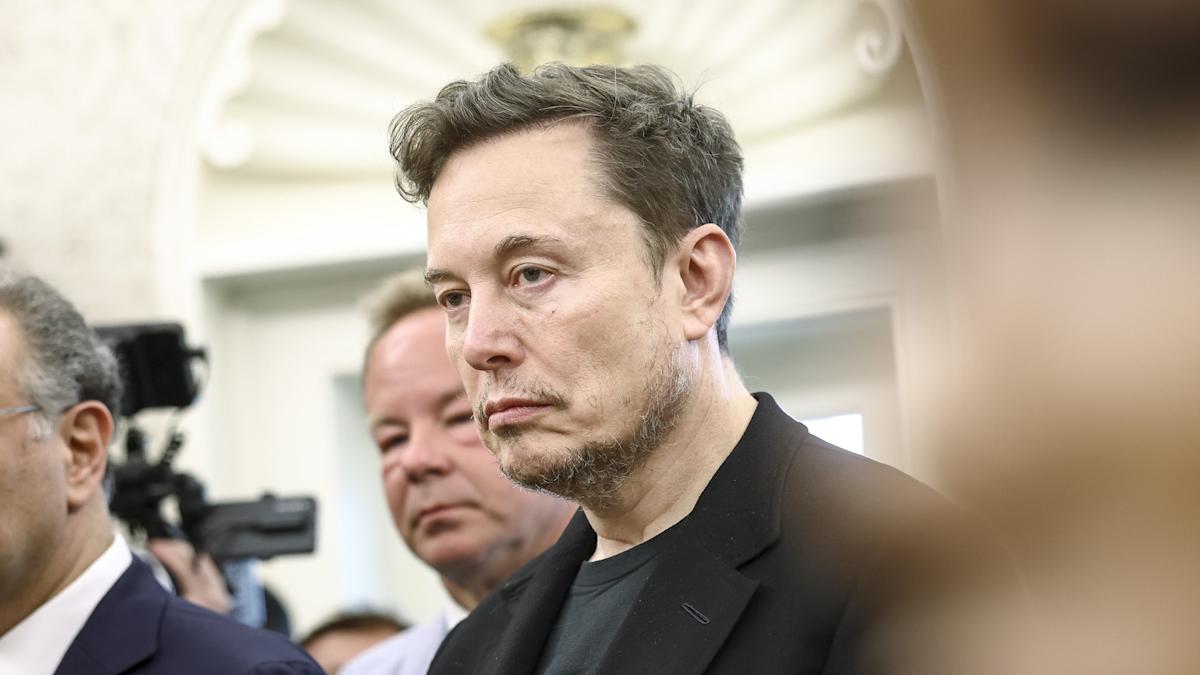There are many questions that don’t have simple answers, either because they’re too complex or they’re hypothetical. One such question is what it might mean for billionaires to pay taxes at the same rate as the upper middle class, whose income starts, on average, at around $168,000, depending on where you live.
Find Out: I Asked ChatGPT What Would Happen If Billionaires Paid Taxes at the Same Rate as the Middle Class
Read Next: 4 Housing Markets That Have Plummeted in Value Over the Past 5 Years
ChatGPT may not be an oracle, but it can analyze information and offer trends and patterns, so I asked it what would happen if billionaires were required to pay anywhere near as much as the upper middle class. Here’s what it said.
For starters, ChatGPT said that if billionaires paid taxes like the upper middle class, the government would bring in a lot more money — potentially hundreds of billions of dollars more every year. “That’s because most billionaires don’t make their money from salaries like upper-middle-class workers do. Instead, they grow their wealth through investments–stocks, real estate, and businesses–which are often taxed at much lower rates or not taxed at all until the assets are sold,” ChatGPT told me.
Billionaire income is largely derived from capital appreciation, not wages. In other words, they make money on their money through interest. And as of yet, the U.S. tax code doesn’t tax “unrealized capital gains” so until you sell your assets, you could amass millions in appreciation and not pay a dime on it, ChatGPT shared.
Learn More: What Trump’s New Tax Law Means for Upper-Middle-Class Families in 2025
Right now, many billionaires pay an effective tax rate of around 8% or less, thanks to loopholes and tax strategies. Meanwhile, upper-middle-class households earning, say, $250,000 might pay around 20% to 24% of their income in taxes. (Keep in mind that the government doesn’t apply one tax bracket to all income. You pay tax in layers, according to the IRS. As your income goes up, the tax rate on the next layer of income is higher. So you pay 12% on the first $47,150, then 22% on $47,151 to $100,525 and so on).
So, if billionaires were taxed at the same rate as those upper-middle-class wage earners, “it would level the playing field–and raise a ton of revenue that could be used for things like infrastructure, education or healthcare,” ChatGPT said.
I wondered if taxing billionaires could have any kind of impact on wealth equality, as well. While it wouldn’t put more money in other people’s pockets, “it could increase trust in the tax system, showing that the wealthiest aren’t playing by a different set of rules,” ChatGPT said.







